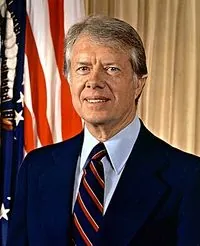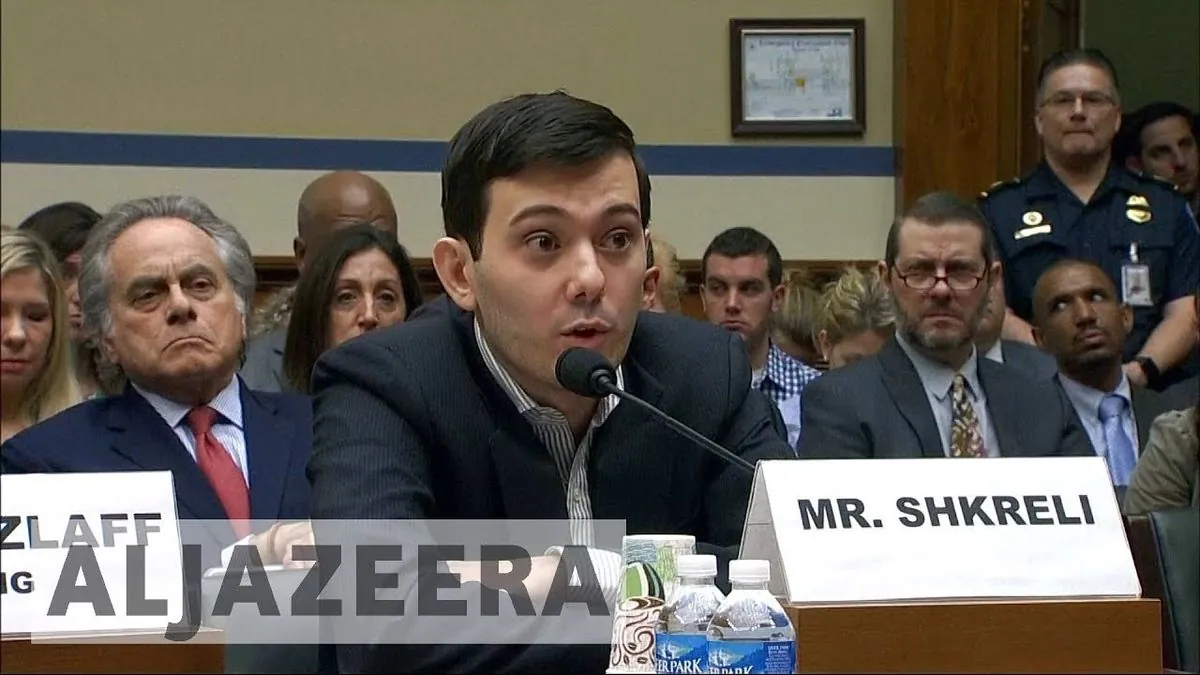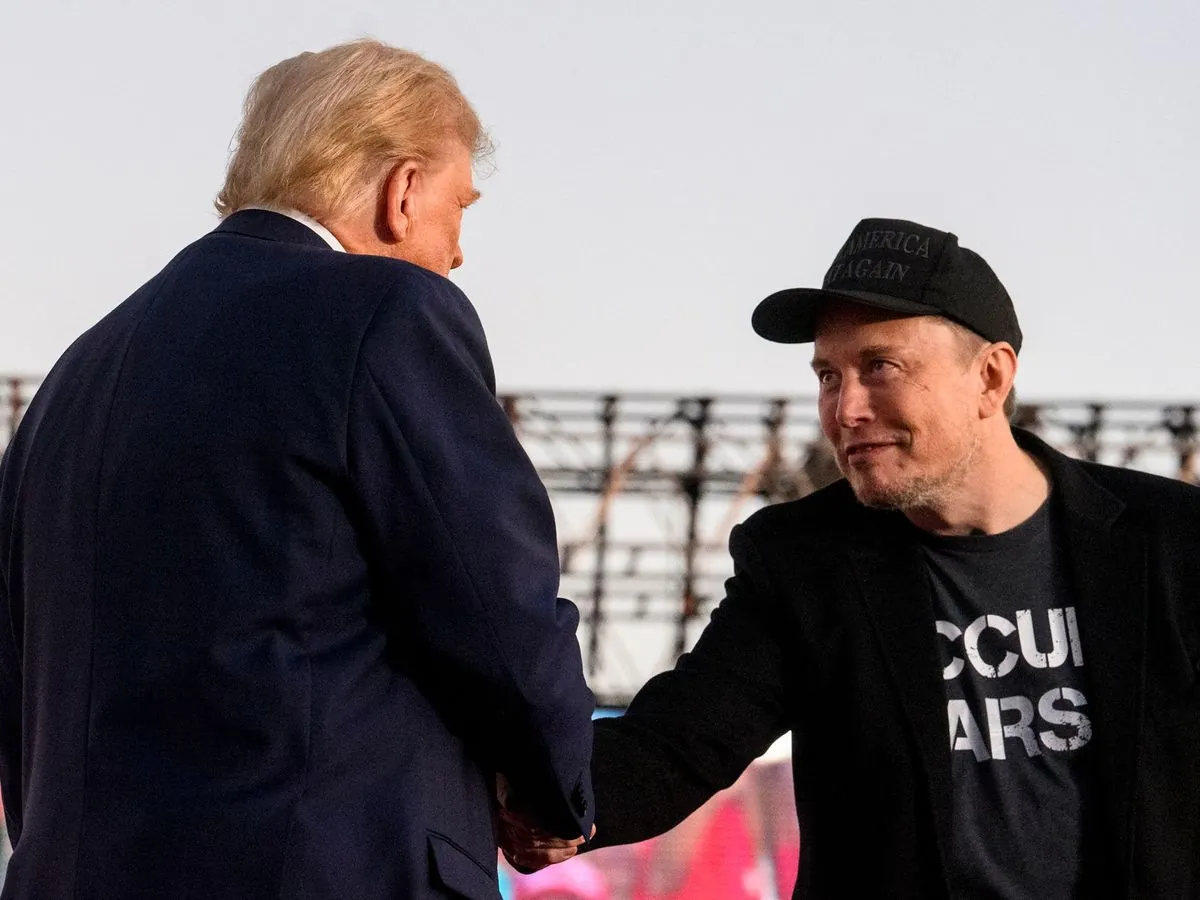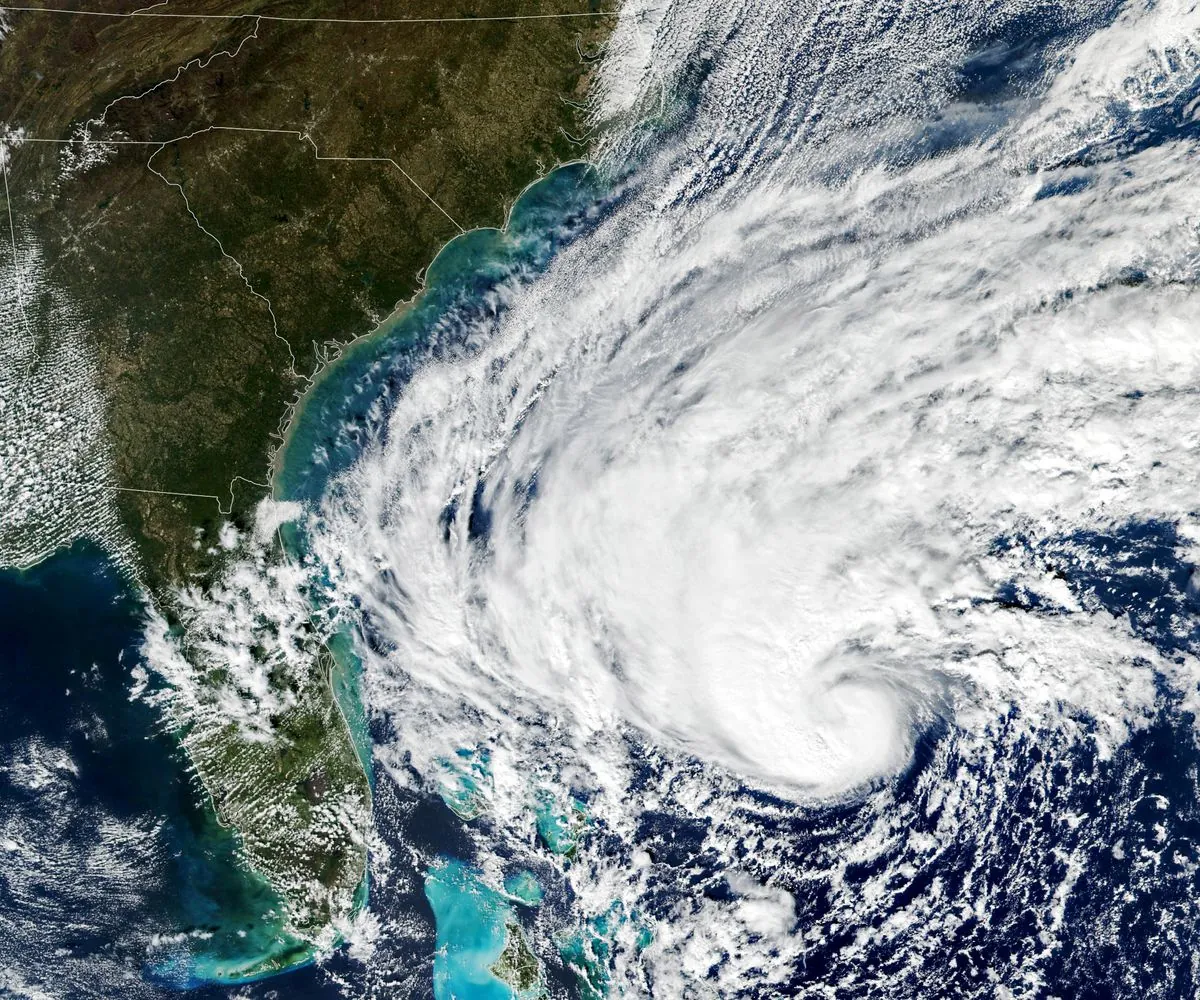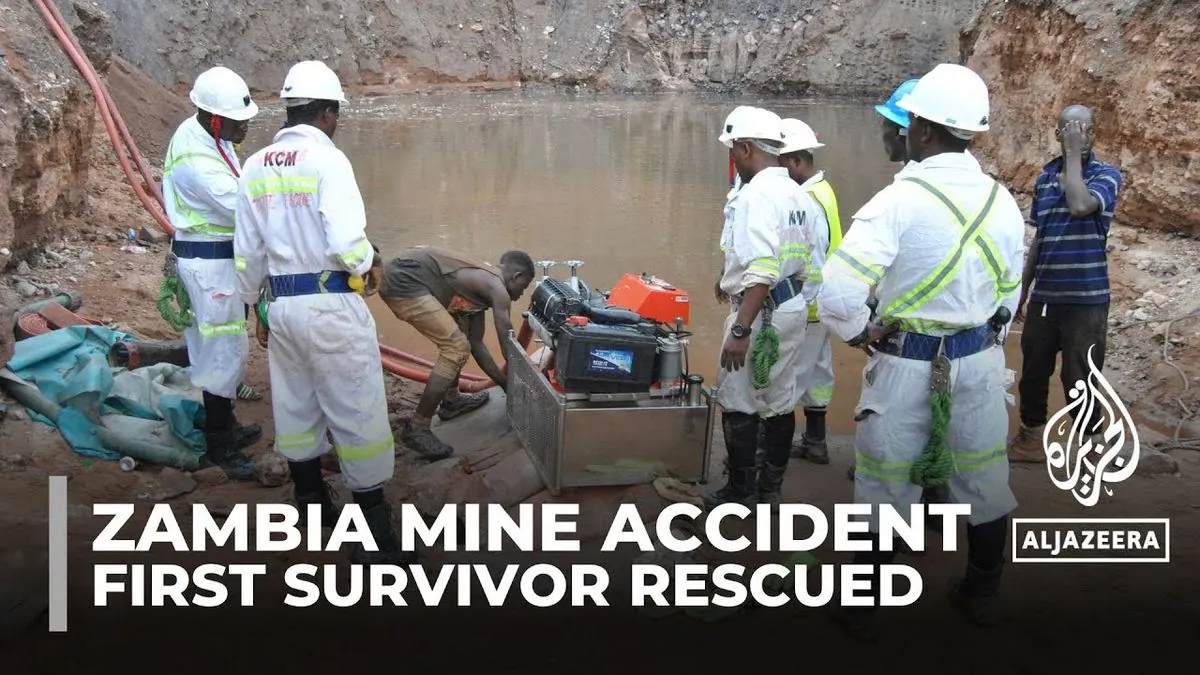Bezos Earth Fund CEO Urges Government Oversight of Carbon Markets
Andrew Steer, CEO of the Bezos Earth Fund, calls for professional regulation of voluntary carbon markets at Reuters Impact conference. He emphasizes the need for government involvement in corporate climate targets.

At the Reuters Impact conference on October 7, 2024, Andrew Steer, CEO of the Bezos Earth Fund, advocated for increased government involvement in regulating voluntary carbon markets and corporate climate targets. This call for action comes as the carbon credit trading sector faces challenges due to concerns about project effectiveness.
The Bezos Earth Fund, established in 2020 with a $10 billion commitment from Amazon founder Jeff Bezos, aims to address climate change within this decade. Steer emphasized the urgency of improving market efficiency, stating, "It's now time to get truly professional and regulated in the best sense."
Voluntary carbon markets, valued at nearly $2 billion in 2021, have experienced a contraction as studies questioned the efficacy of some emission reduction projects. This decline has sparked debates among companies, investors, and activists regarding the role of carbon credits in achieving "net-zero" targets, a concept that gained prominence following the 2018 IPCC report.
Steer acknowledged the contributions of various "self-appointed" voluntary groups over the past 15 years, including:
- CDP (formerly Carbon Disclosure Project), founded in 2000
- World Resources Institute, established in 1982
The Science-Based Targets initiative (SBTi), an early beneficiary of the Earth Fund's support, now serves over 6,000 companies in auditing their climate targets. The SBTi recently deemed offsets largely ineffective but postponed a final decision on their approval until 2025.
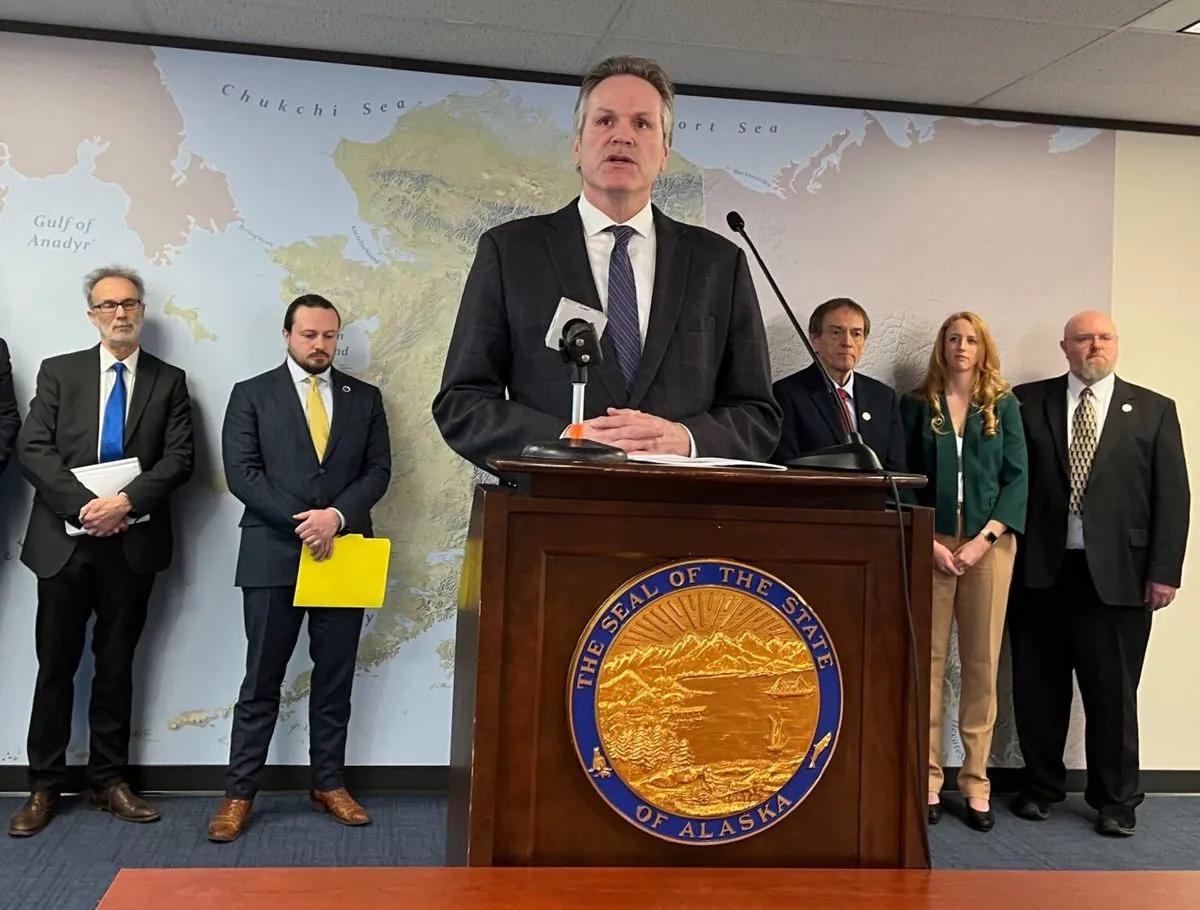
Recent developments in carbon market regulation include:
- Biden administration officials drafting rules on carbon credits earlier this year
- Commodity Futures Trading Commission setting guidelines for trading derivative contracts last month
- California's new laws requiring companies to account for emissions starting in 2026
These actions align with the growing recognition of the need for more structured oversight in the carbon market sector. The global carbon credit market is projected to reach $100 billion by 2030, highlighting the potential impact of improved regulation.
"It's time for moving on, I was going to say to the adults coming into the room, that's not fair because the NGOs are pretty good too. It's now time to get truly professional and regulated in the best sense."
The call for increased regulation comes as the voluntary carbon market has grown by over 140 times since 2007. This rapid expansion, coupled with the evolving understanding of effective climate action, underscores the need for more robust oversight mechanisms.
As the world strives to limit global warming to well below 2°C, as outlined in the 2015 Paris Agreement, the role of carbon markets in achieving climate goals remains a critical topic of discussion. The transition from voluntary initiatives to government-led regulation marks a significant shift in approach, potentially reshaping corporate climate strategies and the broader landscape of environmental governance.














